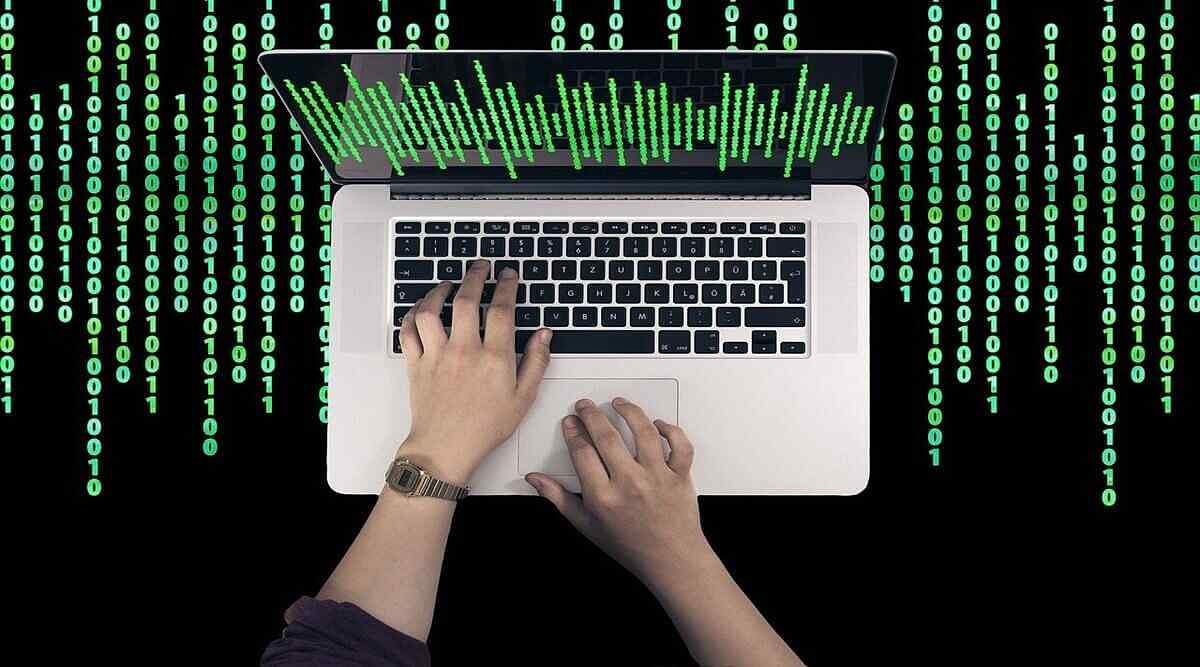The CBSE Class 12th Computer Science Syllabus 2023-24 includes topics on Computational thinking and programming. It is an optional subject for students in 11th and 12th grade.
Table of Contents
The CBSE Class 12th Computer Science Syllabus 2023-24 contains three units: Computational Thinking and Programming – 2, Computer Networks and Database Management. CBSE class 12th Computer Science is an additional subject that students might opt for along with their streams in 11th and 12th. Students must cover all the topics and concepts mentioned in the CBSE syllabus to score well in class 12th board.
CBSE Class 12th Computer Science Syllabus 2023-24 (Unit-Wise)
Computer science has risen in prominence in recent years as technology has improved digitalization. Technology usage is growing by adopting new ways and bringing newer inventions to simplify human work, as diverse fields explore its limitations.
The primary benefit is the network field, which simplified communication for various commercial and residential uses. Candidates can refer to the detailed unit-wise CBSE Class 12th Computer Science Syllabus 2023-24 provided below to understand the subject.
| Unit | Topic |
| Unit I: Computational Thinking and Programming – 2 |
|
| Unit II: Computer Networks |
|
| Unit III: Database Management |
|
CBSE Class 12th Computer Science Syllabus 2023 Mark Distribution
The total mark distribution for CBSE Class 12th Computer Science Syllabus 2023-24 is tabulated below.
| Unit No. | Unit Name | Marks | Periods | |
| Theory | Practicals | |||
| 1. | Programming and ComputationalThinking and Programming – 2 | 40 | 70 | 50 |
| 2. | Computer Networks | 10 | 15 | – |
| 3. | Data Management | 20 | 25 | 20 |
| Total | 70 | 110 | 70 | |
CBSE Class 12th Computer Science Practical Assessment
The practical assessment constitutes 30 marks and students must know the distribution of marks in the practical exam, per the CBSE Class 12th Computer Science Board Syllabus 2023-24.
| Area | Marks (Total=30) |
| Python program (60% logic + 20% documentation + 20% code quality) | 8 |
| The stub program with Python SQL connectivity must be provided with blanks (4 blanks) to be filled by the student with the desired SQL query. | 4 |
Report file:
|
7 |
| Project (using concepts learned in Classes 11 and 12) | 8 |
| Viva voce | 3 |
CBSE Class 12th Computer Science Project
The class project aims to employ Python file management and Python-SQL connectivity to create something real and valuable. Students should begin doing this in groups of two to three at least six months before the deadline. The objective is to identify a practical, real-world problem.
Students should be reminded to refrain from plagiarism and copyright infringement when working on projects. For this, teachers should take the appropriate action.
CBSE Class 12th Computer Science Syllabus 2023-24
Candidates can follow the simple steps below to download CBSE Class 12th Board Computer Science Syllabus 2023-24 online.
- First and foremost, students must go to the official website of the Board.
- Now, they must choose the "Senior Secondary" option.
- Further, candidates must go to the Academic Electives - Group A option and choose "CBSE Class 12th Computer Science Syllabus 2023-24".
- In the end, click on the link and download the CBSE Class 12th Computer Science Syllabus 2023-24.
Preparation Tips for CBSE Class 12 Computer Science
Here are some preparation tips for CBSE Class 12th Board Computer Science
- Start by understanding the syllabus and exam pattern thoroughly.
- Create a study plan and stick to it. Allocate time for each topic and revise regularly.
- Practice previous year's question papers and sample papers to understand the exam pattern and improve time management skills.
- Focus on understanding the concepts rather than rote learning.
- Use visual aids and diagrams to understand the programming concepts better.
- Stay updated with the latest technology and advancements in the field of computer science.
- Take breaks in between study sessions to avoid burnout and maintain focus.
- Clear your doubts by consulting with your teachers, classmates, or online resources.
- Stay motivated and confident throughout the preparation journey.
- Lastly, maintain a healthy lifestyle by eating well, exercising regularly, and getting enough sleep to enhance your cognitive abilities.
Related Links



POST YOUR COMMENT